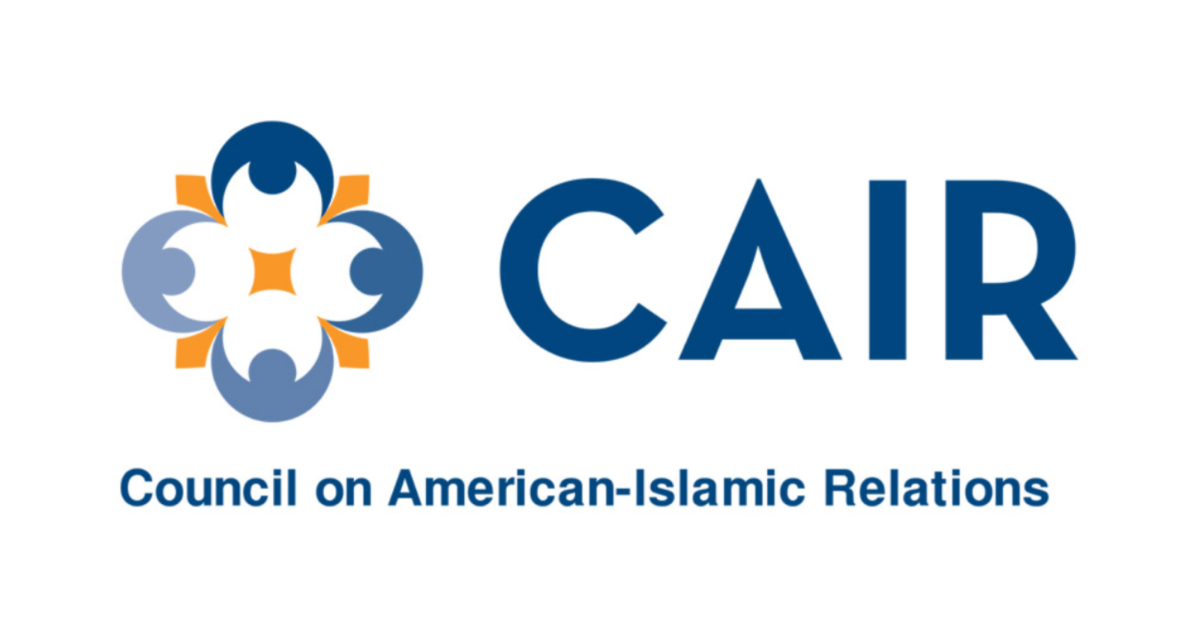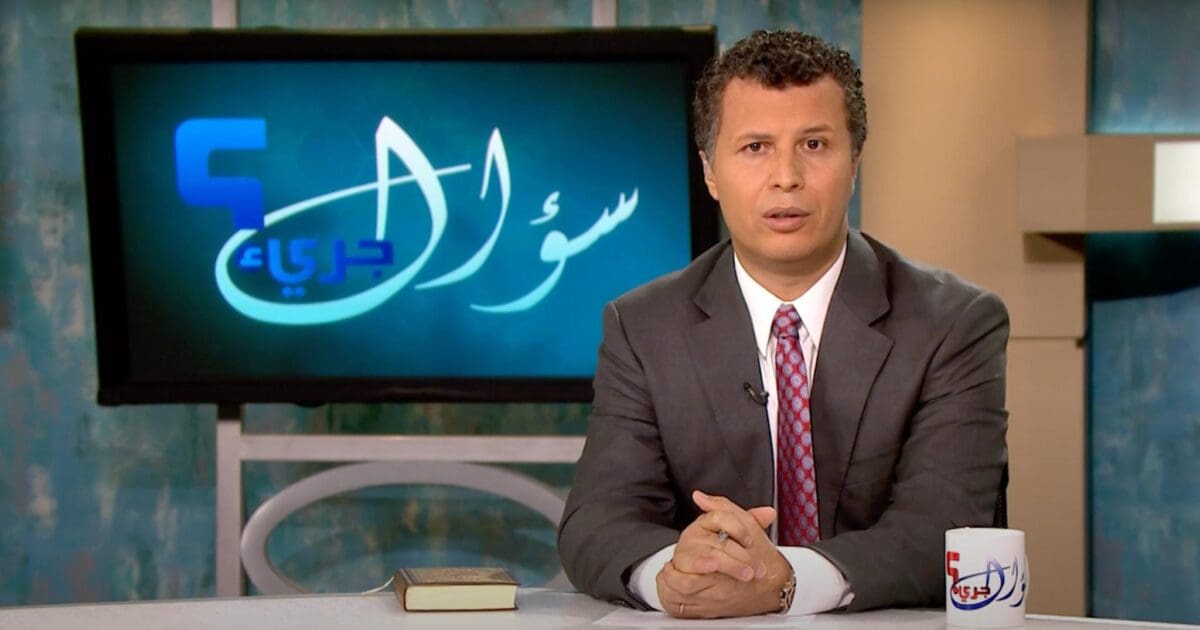In a recent press release, the Council on American-Islamic Relations (CAIR) welcomed U.S. Surgeon General Vivek Murthy’s call to add cancer warning labels to alcohol products, framing it as a public health measure. However, CAIR—an organization with a well-documented history of controversy, including ties to Hamas and other terror-linked groups—uses this rhetoric as yet another attempt to subtly push sharia principles into American life.
Citing the dangers of alcohol consumption, Edward Ahmed Mitchell, CAIR’s National Deputy Director, stated:
“We welcome the U.S. Surgeon General’s call to add cancer warnings to alcohol products. Cancer is just one of the many ways that alcohol consumption leads to death, disaster, and disease for Americans every year… The harm caused by this legalized drug outweighs any financial and recreational benefits…”
While the health risks of alcohol are well-documented, CAIR’s press release didn’t stop at endorsing the Surgeon General’s advisory. Mitchell reminded readers that Muslims are prohibited from consuming alcohol, tying this health initiative directly to Islamic teachings. This subtle framing transforms a secular health policy into a platform for promoting religious values, blurring the lines between public health advocacy and Sharia compliance.
Critics argue that this aligns with CAIR’s broader agenda of introducing Islamic norms into American society. By supporting policies that echo Islamic prohibitions—whether on alcohol or other lifestyle choices—CAIR seeks to gradually influence U.S. cultural and legal frameworks, often under the guise of civil rights or public safety.
CAIR, which has faced scrutiny for its ties to Hamas and other Islamic terror organizations and individuals, has consistently sought to normalize its agenda in American discourse. Linking alcohol regulations to Islamic principles is just the latest example of its efforts to reshape American society.
It is essential to recognize that Islam seeks to impose its rules and restrictions not only on Muslims but also on non-Muslims once it gains sufficient influence. While the dangers of alcohol may be a matter of debate, the cornerstone of Western culture is the freedom for individuals to make informed choices for themselves. In contrast, under Islamic rule, such freedoms are eradicated. Alcohol, pork, and other substances deemed prohibited by sharia would not simply be discouraged—they would be outright banned for everyone, regardless of their beliefs or personal choices.
As the nation grapples with genuine public health challenges, it’s crucial to recognize when organizations with ulterior motives attempt to exploit these issues for their own ideological gains. CAIR’s endorsement of the Surgeon General’s alcohol warnings is not simply about health—it’s about advancing a worldview incompatible with the foundational freedoms and values of the United States.














Add comment